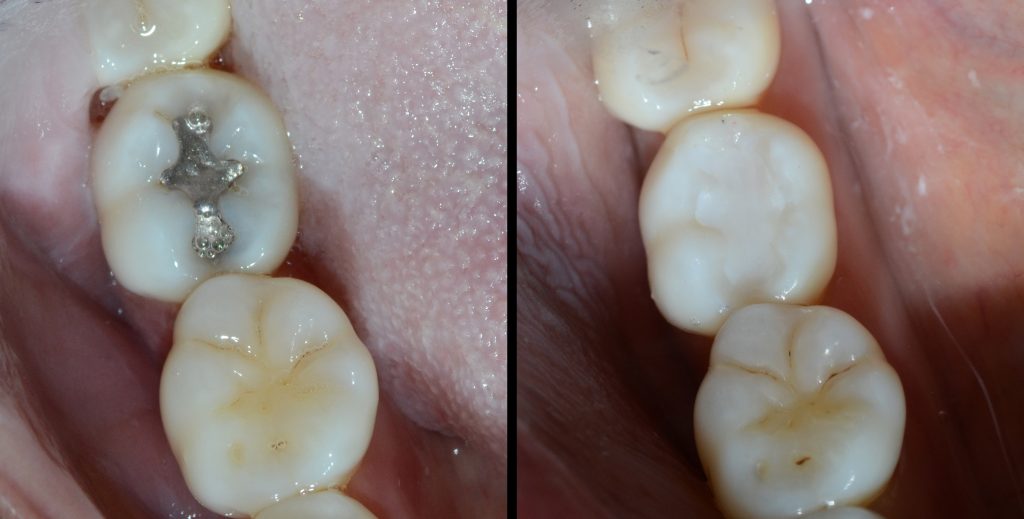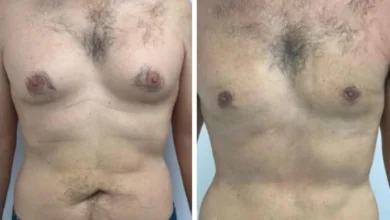
Dental fillings are one of the most common and effective treatments for restoring teeth damaged by cavities. They help rebuild the structure of the tooth and protect it from further decay. But even though modern fillings are built to last, they’re not indestructible. Without the right care, they can wear out, crack, or even fall out over time.
If you’ve recently received dental fillings in Irving, or plan to get one soon, this guide will walk you through how to take care of them properly. Good oral habits, diet choices, and preventive care can help your fillings last for many years—sometimes even decades.
Stick to a Consistent Oral Care Routine
One of the most important things you can do to protect your fillings is to maintain a strong daily oral hygiene routine. Cavities can still form around or under fillings if bacteria and plaque are left unchecked.
Here’s what your daily routine should include:
- Brushing twice a day using a soft-bristled toothbrush and fluoride toothpaste
- Flossing once a day to clean around the filling and between your teeth
- Rinsing with an antibacterial mouthwash to control bacteria and plaque buildup
Avoid brushing too aggressively. Too much pressure can wear down the edge of the filling or irritate your gums, making them more prone to recession.
Be Mindful of What You Eat
Your diet plays a big role in the longevity of your dental work. Sticky, hard, or overly sugary foods can stress the filling material and weaken the seal between the filling and your natural tooth. Over time, this can lead to cracking or failure.
Foods and drinks to limit or avoid:
- Hard candies, ice, popcorn kernels, and hard nuts
- Chewy foods like caramel and taffy
- Sugary sodas, energy drinks, and desserts
Instead, eat foods that promote oral health, such as:
- Crunchy fruits and vegetables (apples, carrots, celery) that help clean teeth
- Calcium-rich foods like yogurt, cheese, and leafy greens
- Lean proteins and whole grains
- Water, which helps wash away food debris and reduce acid
Address Teeth Grinding or Clenching
Grinding or clenching your teeth, especially at night, can put a lot of pressure on your fillings. This condition, called bruxism, can wear down the material and cause fillings to loosen or crack. Many people don’t even realize they grind their teeth until damage is already done.
Common signs of bruxism include:
- Morning headaches
- Jaw soreness or tightness
- Flattened or chipped teeth
- Increased tooth sensitivity
If you experience any of these symptoms, speak with your Irving dentist near you about getting a custom night guard.
Know the Warning Signs of Filling Damage
Even well-placed fillings can wear down or fail over time. The sooner you notice a problem, the easier it will be to fix it before it worsens.
Watch for these signs:
- Sharp pain when chewing
- Sensitivity to hot, cold, or sweet foods
- Visible cracks, gaps, or rough edges on the filling
- Food frequently getting stuck in the same area
- A feeling that your bite is “off”
If you notice any of these, schedule a visit to your dental office in Irving right away.
Don’t Use Your Teeth as Tools
Many people use their teeth to open packages, bite fingernails, or cut threads. These habits may seem harmless, but they can damage both your teeth and your fillings. Fillings are strong, but they’re not designed to handle anything other than normal chewing.
Avoid putting unnecessary pressure on your teeth and fillings by using proper tools, not your mouth.
Prioritize Regular Dental Checkups
Routine dental visits are essential for maintaining the health of your teeth and fillings. During a checkup, your dentist will examine the condition of your fillings, check for decay around them, and recommend any preventive care as needed.
Dental cleanings also remove plaque and tartar buildup in areas that brushing and flossing at home may miss—especially around the edges of fillings. For most people, visiting the dentist every six months is ideal. If you’re prone to cavities or have multiple fillings, your dentist may recommend more frequent visits.
Smoking Can Affect Your Fillings
Tobacco use is harmful to your entire mouth. Smoking increases plaque production, causes gum recession, and can stain both natural teeth and dental restorations. It also slows healing and reduces blood flow to the gums, which may impact how well your fillings stay in place over time.
Quitting smoking supports not just your general health, but the long-term success of your dental treatment.
Use a Mouthguard for Physical Activities
If you participate in sports or physical activities where there’s a risk of facial injury, a mouthguard is a must. A blow to the mouth can easily crack or dislodge a filling.
Custom mouthguards made by a dentist offer better protection and comfort than over-the-counter versions. They’re designed to fit your bite and protect all your dental work, including crowns and fillings.
Protect Your Investment with Simple Habits
Dental fillings are a reliable solution for treating tooth decay, but their success largely depends on how you care for them. Most fillings last 5 to 15 years, and some even longer with the right habits.
To recap, here’s how to make your fillings last:
- Brush and floss daily with care
- Avoid chewing hard or sticky foods
- Wear a night guard if you grind your teeth
- Don’t use your teeth as tools
- Visit your dentist regularly for checkups
- Quit smoking if you use tobacco
- Wear a sports mouthguard when needed
Conclusion
Proper care and preventive steps go a long way in extending the life of your dental fillings. By being mindful of your daily habits and seeing your dentist regularly, you can avoid unnecessary repairs and keep your smile healthy.
If you’re looking for expert care for dental fillings in Irving, trust the team at Pearl Dental Studio. We offer personalized treatment in a modern, comfortable setting. Whether it’s placing a new filling or checking the condition of your current dental work, we’re here to help. Book your appointment today to keep your fillings strong—and your smile even stronger.





